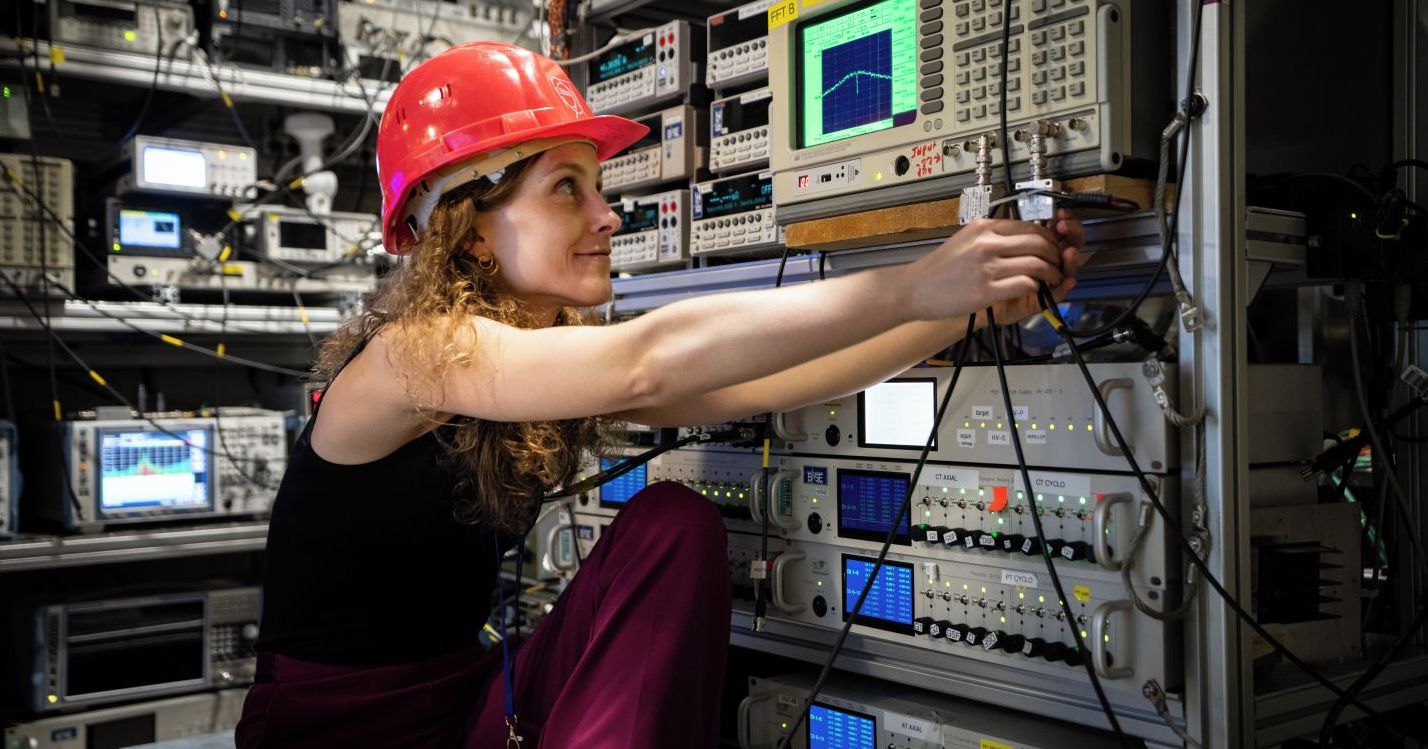 Exact sciences
Exact sciences
An Antimatter Qubit: Success of a ULO Graduate
Barbara Latacz, Ph.D.,a graduate of the University Secondary School (ULO), together with the BASE team at CERN, has achieved a groundbreaking success. For the first time in history, it has been possible to create a qubit from antimatter - that is, a quantum unit built from an antiproton. Until now, such qubits existed only in theory.
Already as a student at the University Secondary School, Dr. Barbara Latacz showed an interest in the sciences, participating in, among other things, the Physics Olympiad and winning a scholarship in the "Talented at the Start" program. Her latest achievement may revolutionize both research on the fundamental laws of physics and the development of quantum technologies. The research and discovery have been described in the prestigious journal Nature.
Together with an international team, she carried out at CERN (the European Organization for Nuclear Research) the BASE experiment (Baryon Antibaryon Symmetry Experiment), presenting the world's first antimatter qubit - a quantum bit created from a single antiproton.
The experiment consisted of trapping an antiproton in a Penning trap - a device used to capture and immobilize single charged particles with the help of a combination of magnetic and electric fields. It was successfully maintained in a quantum superposition state for a record 50 seconds, nearly ten times longer than in previous experiments. At the same time, Dr. Latacz's team significantly reduced external disturbances, which had previously prevented precise research by causing the particle to "lose" its superposition within a fraction of a second.
Dr. Latacz's achievement makes it possible to study differences between matter and antimatter with fundamentally greater precision. The discovery is already being called groundbreaking; it will, among other things, enable the testing of fundamental principles of physics, such as CPT symmetry, and in the future may accelerate the development of quantum computers.
 NCU News
NCU News






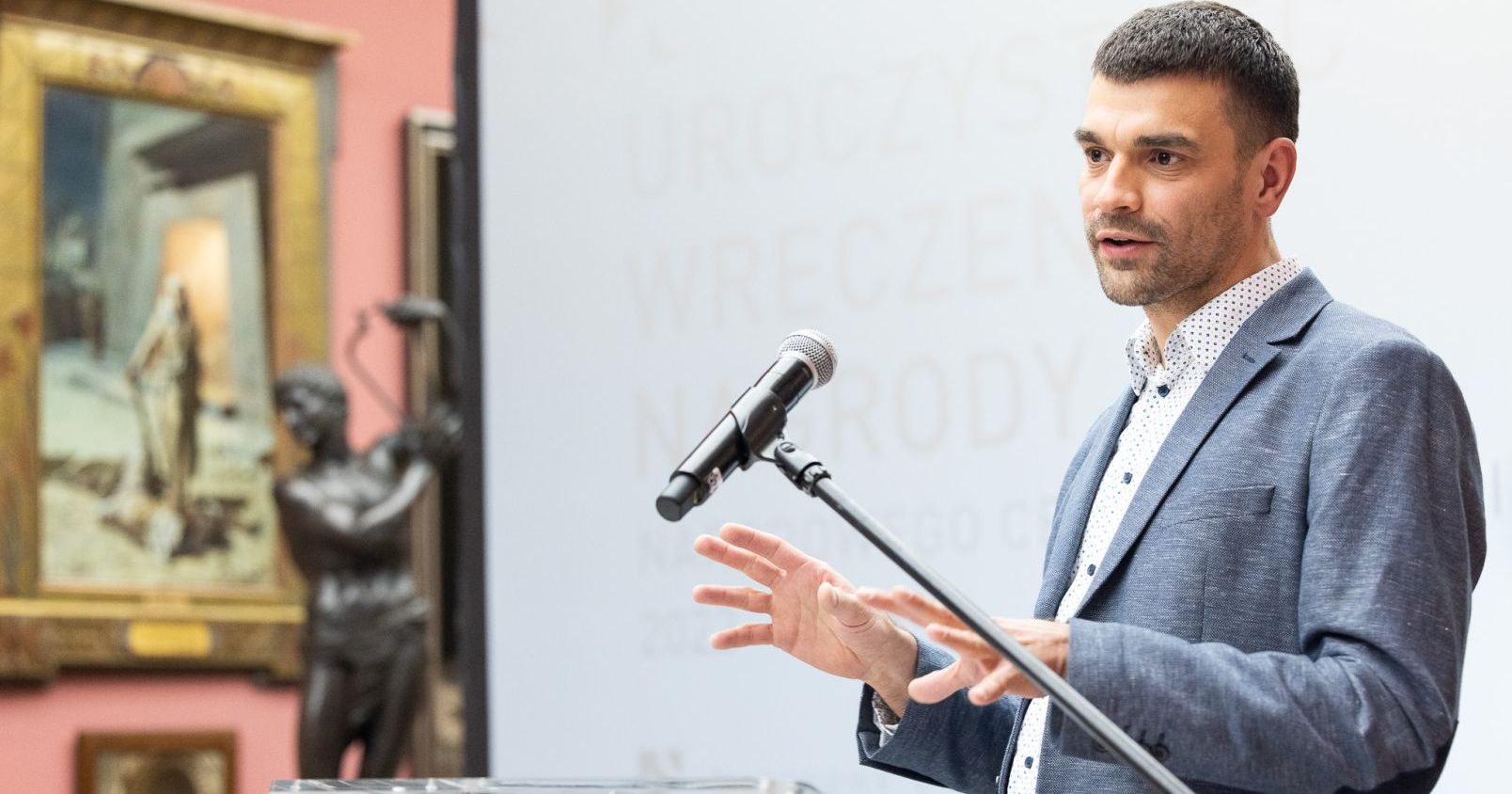 Exact sciences
Exact sciences

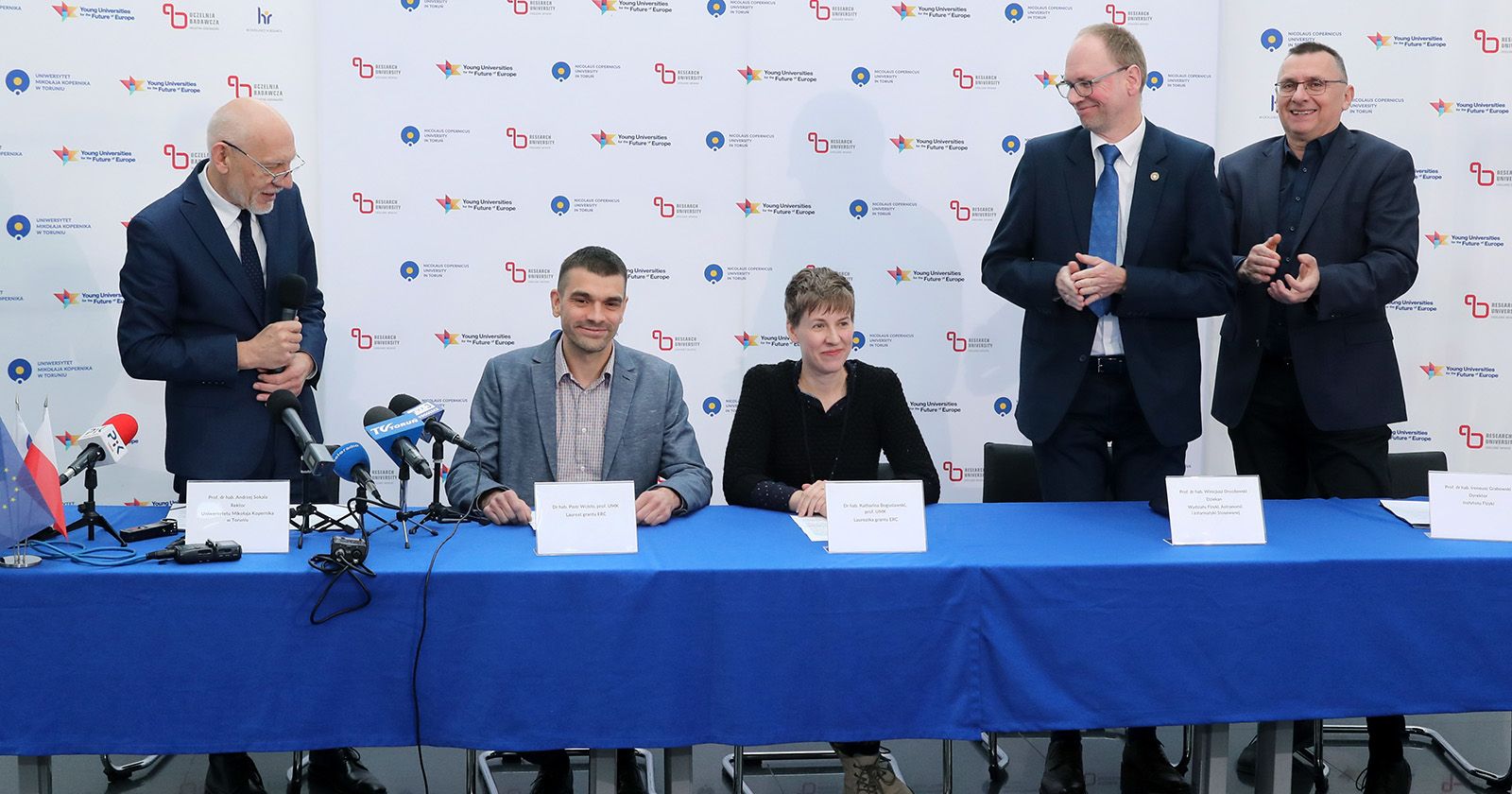 Exact sciences
Exact sciences

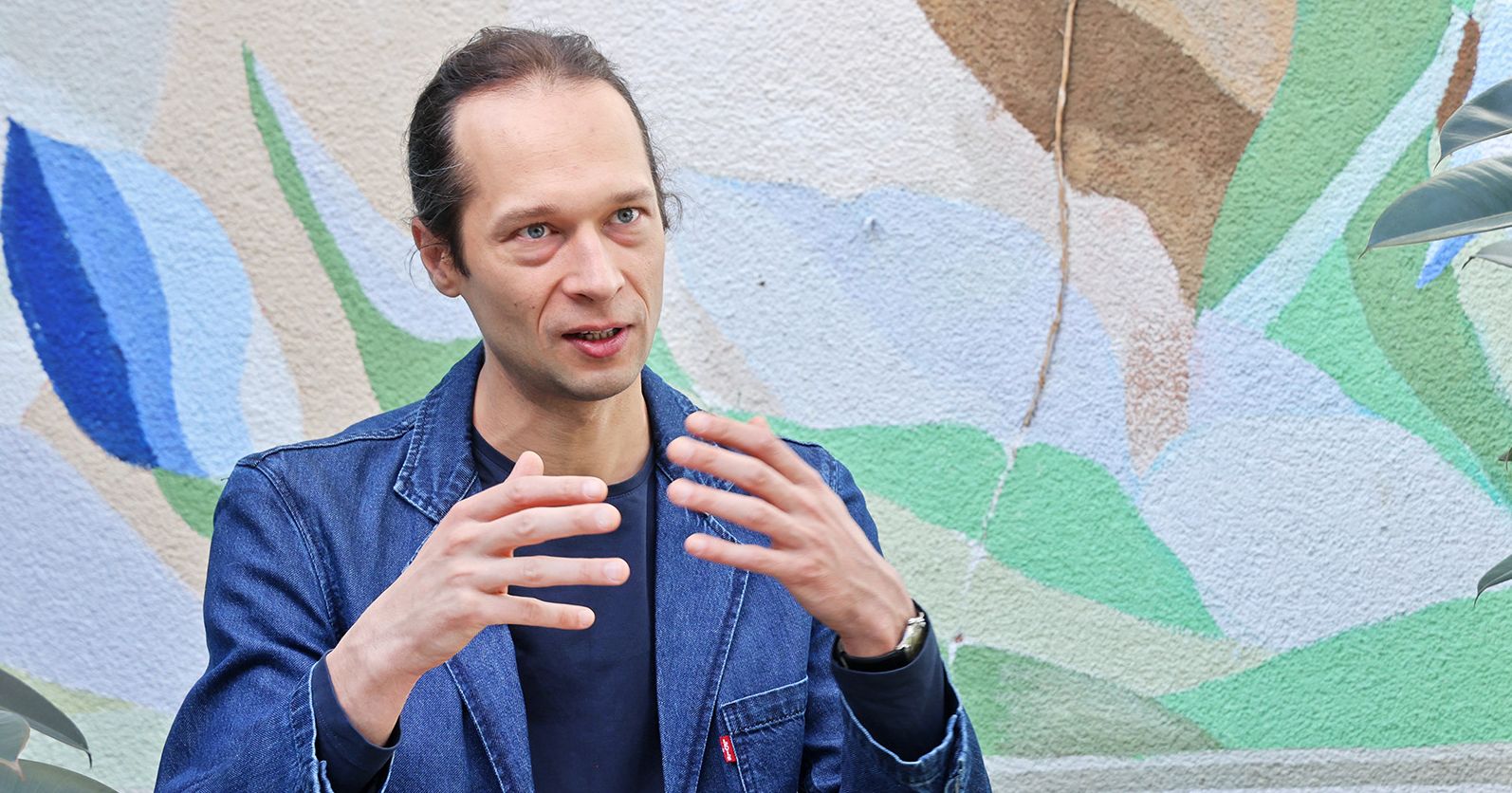 Social sciences
Social sciences